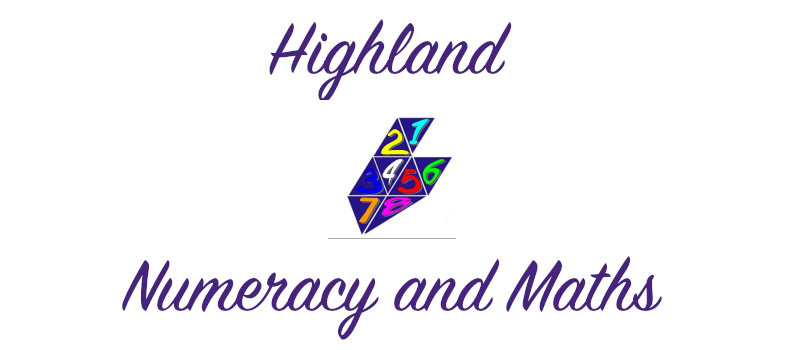8.4.2 Advantages and Disadvantages to using the Digital Knowledge Assessments
Activity:
Take a look at the advantages and disadvantages below.
- Is there anything that you hadn't considered?
- Is there anything here that you had considered that isn't included?
- Are the solutions similar or different to the ones you came up with?
Advantages:
- Allows you to assess a large number of pupils at a much faster rate than delivering the assessments 1:1.
This can be particularly useful when you are first starting out with the assessments. Although the 1:1 reassessments are significantly quicker than the first time assessments, it can be time consuming when you are getting up and running to begin with. - Gives you access to information much more quickly and you can therefore act on the information in terms of your teaching more quickly too.
- As the assessment is faster to administer, a wider range of questions can be asked in one go giving you a broader overview.
- Future development: The next phase of these digital assessments will hopefully enable pupils to record their answers on a device like a Chrome Book. This will again speed up data entry for teachers and hopefully help in terms of the analysis of the information and its use to plan next steps.
Disadvantages:
- Pupils may be put off by the pace of the assessment (although many pupils enjoy the challenge).
- You only get the pupils right or wrong answer - there is no opportunity to delve into their understanding or misconceptions.
- If the pupil does not know the answer as knowledge, you are unable to see what they can work out as there is not time for pupils to do this the way the assessment is set up.
Possible solutions to the disadvantages:
- Use it as an opportunity to delve into some of the interesting brain research around memory and learning. This is better explored at a whole school level so there is a meaningful culture shift and consistent messages are heard and 'lived' across the school. Ideas could include:
- Why it is useful, from a learning point of view, to be able to identify our weaknesses and gaps as well as our strengths.
- The importance of struggle for our brains and learning.
- How our mindset might impact on our learning.
- How quicker recall of some maths facts (as long as it's accompanied with understanding) is useful as it reduces the load on our working memory and enables us to tackle more complex calculations more efficiently and accurately.
- Explore ideas that recall of these facts should be underpinned by understanding in order to support application rather than just having a memorised list of facts.
- It would also be important to highlight that quick recall (accompanied by understanding) is just one small part of maths and allow pupils plenty of time to explore its broader applications and creative nature as well as its use in problem solving and providing opportunities to delve deeper into problems.
- Finally, it can be useful to be aware of the research around maths anxiety and timed tests and the impact of these when used inappropriately.
- There are potential two solutions to this:
- You can analyse their actual response and this may give you some indication as to their difficulties. Examples might include:
- Ordering the decimals incorrectly and thinking that 0.127 is larger than 0.8... this would suggest they don't really understand the place value of decimals, or their relative size and are perhaps just looking at the length of the number rather than the value of the digits.
- Writing the number word before instead of the number word after and vice versa.
- Seeing the equals sign as an operational symbol rather than a relational symbol that represents equivalence... this would be evident with pupils answering questions like ? - 9 = 9 as '0' or 5 + 2 = ? + 4 as '11' as they've just either found the difference or summed all the numbers rather than realising they need to balance each side of the equation.
- You can follow up with them 1:1 after the assessment if there are any questions you want to clarify. Depending on what you are wanting to check, this could either be asking them the same question again or it could be a similar question that targets the same concept at the same level.
3. There are other ways to check their strategies for example:
- You will get a lot of this information from the strategy assessment anyway and that may be sufficient.
- You can use formative assessments as part of day to day class teaching to supplement this information.
- You can follow up 1:1 with the pupil after the assessment on specific questions you are interested in. It may be better to pose a similar question rather than the same one.
